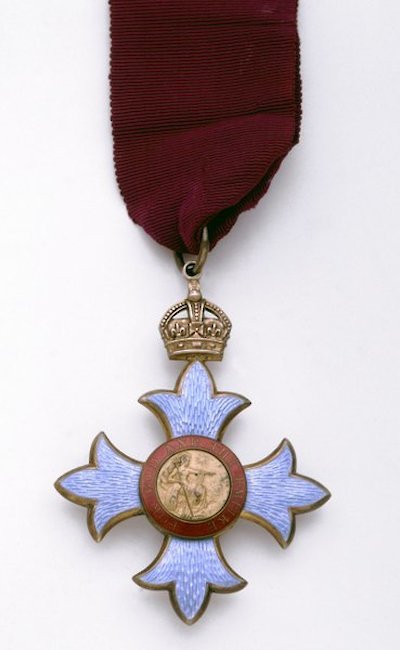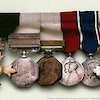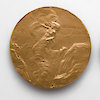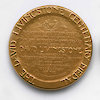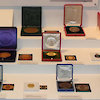Awards and rewards
The Home of the Blizzard was published in Britain in March 1915 to some very positive reviews in the London press. ‘One of the most fascinating accounts … that … polar travel has ever inspired’, said the Sunday Times. The Morning Post was even more effusive:
… one of the world’s greatest stories of adventure … an intensely interesting and a fabulously true story. A strange, masterful book … It is the best written account of Antarctic exploration we have ever read. The two stately volumes contain a wonderful wealth of illustrations, the most alluring of which are reproductions of crayon sketches and Paget colour photographs. Nobody who loves to hear of adventurous living should miss reading this.
For all the praise, early sales were disappointing. Perhaps it was the lack of an individually-signed ‘collector’s edition’, or at the other end, the lack of a one-volume popular edition. But the greatest culprit, as Mawson rightly noted, was the outbreak of war.
With Europe at war and Australians and New Zealanders joining an imperial landing at Gallipoli, Mawson arrived back in Australia a father. Paquita had given birth to a baby girl, Patricia, on 13 April 1915. Mawson settled back into teaching at the University of Adelaide.
When he was in England late in 1914, Mawson had written to the Admiralty asking that members of the AAE be awarded the prestigious King’s Polar Medal, reminding the lords that ‘more than half the members of the land party … are now wearing khaki … and the acquisition of the medal would be of immediate value to them’.
But the bureaucratic wheels turned slowly. The King approved the award in February 1915, but the medals were not forwarded to the War Office for distribution until the end of 1915.
Besides the King’s Polar Medal, Mawson was awarded the Royal Geographical Society’s highest honour, the Founder’s Gold Medal. He was ‘tremendously pleased’, Paquita later recorded.
Mawson represented his university at a conference called by the prime minister, William (‘Billy’) Hughes, to establish a Bureau of Science and Industry — the forerunner to the Commonwealth Scientific and Industrial Research Organisation (CSIRO). Early in 1916 he was active in the bureau’s first, momentous executive meetings, in which the organisation’s charter and operational procedures were established.
Mawson’s Lifetime Awards
Received the following honours and awards
- Knight Bachelor 1914
- Officer of the Order of St Maurice & Lazarus of Italy 1919
- Officer of the Order of the British Empire 1921
- Commander of the Order of the Crown of Italy 1923
- Polar Medal (Silver) Antarctic 1907-09
- Polar Medal (Silver) Antarctic 1912-14
- Polar Medal (Bronze) Antarctic 1929-31
- Silver Jubilee Medal 1935
- Coronation Medal 1937
- Coronation Medal 1953
- Silver Wolf of Boy Scouts 1915
Scientific awards
- Royal Geographical Society Antarctic Medal 1908
- Royal Geographical Society Founders Medal 1915
- Helen Culver Gold Medal, Chicago Geographical Society 1915
- David Livingstone Medal, American Geographical Society 1916
- Bigsby Gold Medal, Geological Society of London 1919
- Gold Medal for Oceanographical Research, Geographical Society Paris 1927
- Natchigall Medal of Gesellschaft fur Erdkunde, Berlin 1928
- Ferdinand von Mueller Memorial Medal of the Royal Society of Australian Association for Advancement of Science 1930
- Lewis Medal of Royal Geographical Society, Brisbane Australia 1929-31
- Sir Joseph Verco Medal of Royal Society of South Australia 1931
- Clarke Memorial Medal of Royal Society, New South Wales 1936
- Gold Medal of Royal Society of South Australia 1950
- Foreign Member Swedish Society for Anthropology and Geography 1939
Academic awards
- Bachelor Engineering 1901
- Bachelor Science. 1904
- DSc. 1909 (South Australia)
- FRS 1923
- DSc. 1952 (Sydney)
- FAA 1954

